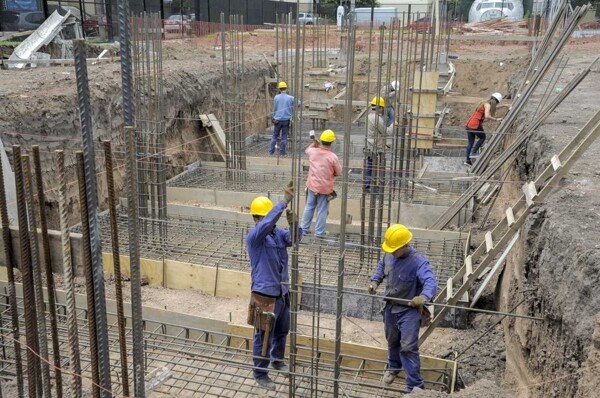
The economic lock not only leads to job losses but also benefits a single winner (a patronage entrepreneur) at the expense of 45 million consumers. In Argentina, concerns about devaluations are heard, while more positive perspectives come from the United States. Argentina's protectionist policy has maintained a high cost for consumers who pay local products above their value abroad.
In contrast, countries like Cuba or Venezuela, with closed systems, are impoverished compared to nations like Australia or Canada, which enjoy economic freedom and growth. The insistence on maintaining subsidized inefficient industries goes against the basic rules of macroeconomics. The economic opening, promoted by the current management, will allow Argentine consumers to access cheaper foreign products, despite impacting a few privileged individuals.
The import substitution model has driven the country to decline, and economic opening presents an opportunity to generate benefits through consumer surplus. Despite the initial costs, the benefits of opening far outweigh the losses. Argentine consumers will benefit from acquiring cheaper goods from abroad, promoting industry diversification and generating employment.
The economic opening being pushed has the potential to transform Argentina and break outdated models that have perpetuated poverty. Sectors such as energy, mining, technology, and agriculture could benefit, contributing to growth and job creation. The protection of certain local, non-competitive industries has resulted in excessive margins for a few, to the detriment of the majority.
The traditional vision of the Argentine economy needs to evolve toward a more open and diversified approach. The cost of closing inefficient and subsidized industries is high, and economic opening could be the key to sustainable development. Argentine consumers would benefit from the cost reduction associated with buying goods abroad, freeing up resources for more productive and job-generating sectors.
Resistance to change and excessive protection for non-competitive sectors have kept Argentina in a cycle of poverty and unemployment. It is necessary to embrace economic freedom and allow competition and efficiency to drive growth. Current challenges demand a transformation in the country’s economic paradigm, aiming for a more prosperous and equitable future.














